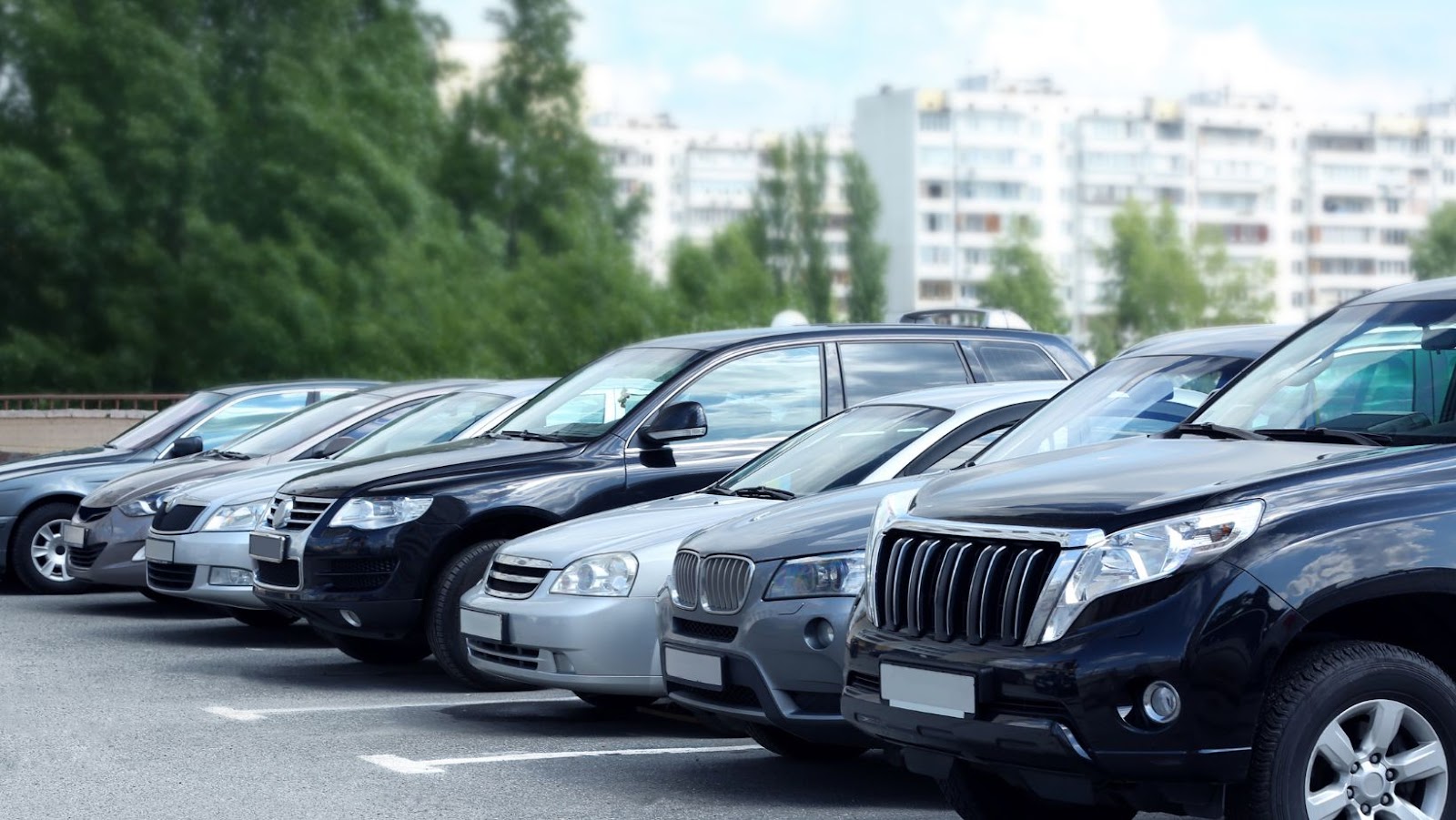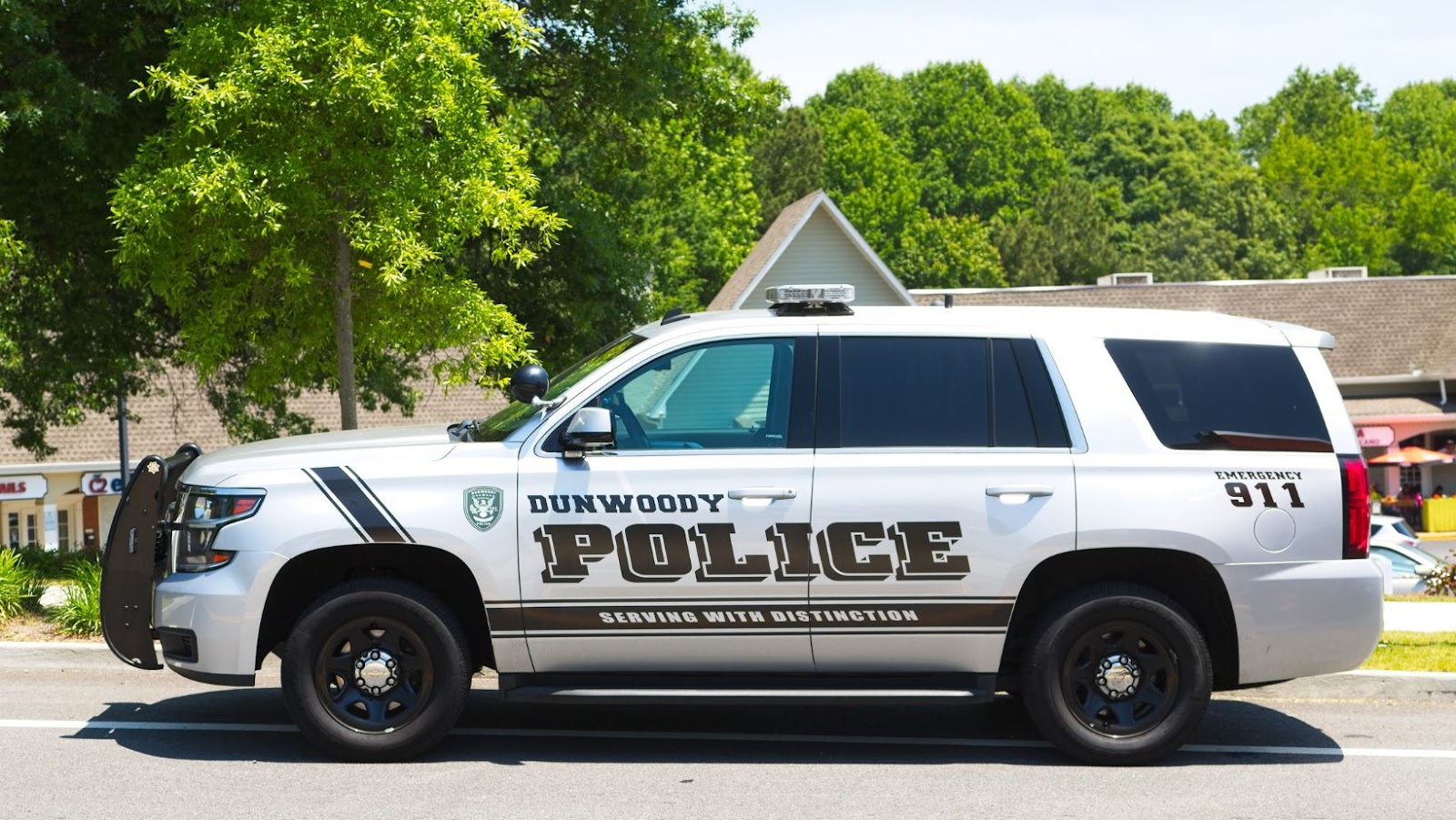
What to do if someone blocks your driveway
Knowing the law is the best way to protect yourself if someone blocks your driveway. Private property is typically protected by local laws, so it’s important to take the time to understand the applicable laws in your area. Generally speaking, property owners have the right to prevent people from blocking access to their driveway. However, these laws can vary significantly depending on local regulations. Let’s take a closer look at how the law may apply in situations such as these.
Research the laws in your state
If someone blocks your driveway, the first thing you should do is research the laws in your state. Different states have different laws regarding parking and movement of vehicles that you need to be aware of. To make sure you know what rights and responsibilities you have when it comes to blocking a driveway, speak with your local law enforcement agents or research it online.
Most states will classify such an incident as illegal parking and will usually exact punishments that range from fines to towing. Knowing these laws upfront can help you maximize your chances of dealing with the situation successfully and quickly. Additionally, if the person refuses to move their car after being asked multiple times, it is best practice to document the incident with photos or video before calling the police for assistance. Doing proper due diligence can help ensure that all necessary steps are taken in order for police action on blocking a driveway to be enforced legally and fairly.
Understand the legal rights of a property owner
It is important for property owners to understand their legal rights when it comes to dealing with parking violations on their property. Under the law, a property owner can take steps to protect their property from unauthorized parking, including requesting that the police remove the vehicle. If a vehicle is blocking your driveway, you have the right to call the police and have them tow or impound the vehicle.
The most common violation in this scenario is called “interference of private drive”. The law states that motorists are not allowed to park any part of their car on someone else’s private driveway or block access in any way. In some cases, cars also may not leave any part of their vehicle in front of your gate or other entrance to your property.
If you encounter a vehicle parked illegally blocking your driveway and trespassing on your property, you can make one phone call to the local police department and inform them about what’s happening. An officer will come out and assess if there really is an infraction that has taken place according to state laws on re: parking regulations or any legislation protecting individuals from interference with real estate abutting public roads & sidewalks. Depending on how serious it is, either a ticket or TO/Impounding letter will be issued ordering the individual who owns/operates such vehicle to move it within a set amount of hours or face having such car towed away at owner’s expense.
Additionally, you should also investigate if there are specific town laws governing visitors parking in residential areas; this kind of information might be especially relevant if similar issues arise repeatedly in your area regarding vehicles blocking driveways and other private spaces.
Try to Resolve the Problem
When you find that someone has blocked your driveway, the first step is always to try and resolve the issue amicably. You can start by knocking on the door of the vehicle and asking politely to move the car. If the person is willing to cooperate, then you can quickly settle the issue without any further trouble. However, if the person refuses to move their vehicle, you can proceed to the next steps.
Speak to the person blocking your driveway
It is important to keep a calm and diplomatic approach when speaking to the person responsible for blocking your driveway. It may also be helpful if you can explain the importance of respecting a no parking policy in the area, or that your driveway is impeding traffic on the street. Explain that their vehicle is preventing you from accessing your home, and try to find a mutually agreeable solution.
If the person refuses to move their vehicle, you can call the police — particularly if it is an ongoing problem or there is any indication that it could become hostile. The police may take action against them, possibly issuing fines or even having them removed by tow truck. However, in some cases, they may simply ask for a witness statement and talk to both parties before deciding how best to enforce any laws relevant to parking obstructions.

Ask them to move the vehicle
If your driveway is blocked, the first thing you should do is calmly and politely ask the driver if they can move their car. Explain that you need to access your driveway and kindly request them to move their vehicle. If they moved their car without interfering with anyone and without difficulty, then chances are they will do so as well.
If the person is uncooperative or unreasonable, or if there is a chance of a conflict arising between you, it’s best to keep your cool. Have empathy for the other person’s situation and think of a solution that would work for all involved. If possible, offer them an alternative space where they can park safely in such cases, like nearby public parking space available near your property or street parking on another block.
If your attempts at resolving this issue amicably fail, then you may want to call the police and file a police report so that an officer can handle this matter professionally and take necessary action accordingly. This isn’t ideal but it may be necessary if all else fails.
Explain the legal consequences of not moving the vehicle
If the person refuses to move their vehicle and you have asked them repeatedly, your next move should be to inform them of the legal consequences of not moving their car. By parking in someone else’s driveway without permission, they are violating traffic regulations. Depending on your local laws, they may be fined a certain amount or the vehicle may get towed by law enforcement officials. If the vehicle is towed, you will need to contact the local police station and file a complaint explaining that your driveway is blocked.
In addition to these legal consequences, it is also important that you keep calm in these situations. Respectfully explain to them why it is important for their car to be moved – for instance, if you need access for an emergency or if someone else needs access – and offer solutions such as suggesting alternative parking spots or asking a friend or family member for help getting it moved. Most people are reasonable and will understand when presented with rational explanations.
Call the Police
Having your driveway blocked by someone can be quite a nuisance. It prevents you from safely entering and exiting your property, either with your vehicle or on foot. If you are in a situation where someone is blocking your driveway, it can be tempting to try to handle the problem yourself. But the best and safest solution is to call the police. Let’s go over what happens next.
Contact the police if the person refuses to move their vehicle
If the person blocks your driveway, you can politely ask them to move. If they refuse to move their vehicle, you may need to contact the police department in order to ensure enforcement of parking regulations.
Before making a call to the police, it is wise to document any pertinent information including photographs of the blocked vehicle and its license plate number. Additionally, you should take a few minutes to familiarize yourself with applicable parking regulations to ensure that the other driver is in violation of city ordinances or state laws.
When calling the police department, it is essential to explain your situation clearly so that an appropriate law enforcement officer can be delegated for assistance. Once contacted, the local authorities will typically arrive at your residence shortly. At this time, an officer will analyze available information including photographs and license plate numbers before issuing citations or impounding vehicles as necessary.
In addition, some municipalities have strict penalties or fines for those who repeatedly obstruct others’ driveways; such fines may vary from city-to-city and should be researched prior to filing a complaint with the local law enforcement agency. It is important that citizens continue to report proven violators as it may be necessary in order for municipalities to take steps towards refining their parking regulations and improving public safety overall.
Provide the police with the necessary information
When you call the police about someone blocking your driveway, it is important to provide them with as much information as possible. Be prepared to give the location of your driveway, including any nearby cross streets, the make and model of the vehicle that is blocking it, and a description of the driver and any other occupants. If available, you should also provide additional identifying features such as license plate numbers or vehicle VINs. Additionally, offer an explanation for why you think this person is intentionally blocking your driveway. The more details you can provide, the better chance you have of successfully having your car moved.

Follow up with the police after they arrive
Once you have called the police, it is important to follow up to ensure that they arrive in a timely manner. Make sure you provide your full name, address and contact information so that police can easily identify who made the call. Keep an eye out for signs of the vehicle owner returning. If so, explain the situation courteously and open up a dialogue in which you come to a peaceful resolution about having them move their vehicle immediately or later on.
If the police arrive before the vehicle’s owner, keep calm and answer all of their questions as honestly and calmly as possible. Be sure to provide any pertinent information about the parking violation that has occurred such as license plate number or description of the car if known. This will be helpful for police to issue appropriate action against them (ticketing or removal). Wait until they have finished addressing your concerns before thanking them for their assistance in resolving this incident and leaving promptly afterwards.
Take Legal Action
If someone is blocking your driveway, it is important to take quick action. First and foremost, it is important to politely ask the person to move their vehicle. If the person refuses to move their vehicle, it is time to take legal action. There are a few ways to do this, such as contacting the police or taking the person to court. Let’s go over a few of the steps you can take if someone is blocking your driveway.
Consider filing a civil lawsuit
If the person blocking your driveway is unwilling to respond to your verbal requests and continues to park in a way that prevents access to or from your property, consider filing a civil lawsuit. You might choose this option if the person is not amenable to settling the issue out of court.
Before you file a lawsuit, be sure you take all reasonable steps to get the other party’s cooperation:
-Send a certified letter stating that the activity must cease immediately
-Document all significant events in writing with researched proof of ownership (title deed, insurance documents, etc.)
-Attempt mediation or arbitration through an agency selected by both parties
-Contact local law enforcement and inquire about possible violations of land use laws or criminal trespass statutes
-Seek legal counsel and representation if none of these steps succeeds in ending the obstruction.
Filing a civil suit may be necessary when reasonable attempts have failed. The suit should seek either injunctive or declaratory relief for continuing inconclusive damages caused by parking on your property without permission. A successful lawsuit will allow you to collect costs incurred due to negligence on behalf of the other party and possibly may entitle you to monetary compensation for pain and suffering associated with unauthorized parking on your property.

Contact an attorney to discuss your options
If the person blocking your driveway is not willing to cooperate, then it is important to explore your legal options. Contacting a local attorney to discuss your situation is the best course of action in this case. Firstly, an attorney can help you understand the applicable state statutes and whether or not the other person’s parking is actually a violation of those laws. A lawyer can also provide advice on how best to handle a dispute with a neighbor in this matter.
Furthermore, depending on your state law, you may choose to initiate civil legal action in court. A civil lawsuit may enable you to seek damages against the individual for blocking access in or around your property as well as any related costs and expenses incurred because of the blockage. Finally, if all other methods fail, it may be possible for criminal charges to be filed against an individual who refuses to move their vehicle from blocking access on private property.
Taking legal action should always be a last resort; however it is important and necessary for people who are being wronged by their neighbors or anyone else that has denied them access to their own property. Consulting with an experienced attorney can help guide you through understanding your rights and potential actions that could be taken should these disputes continue.
Seek compensation for damages caused by the blocked driveway
If someone blocks your driveway, you can seek compensation for any damages caused. When parking is difficult due to careless or inconsiderate driving, serious issues may arise. Frustration and anger from blocked driveways can lead to too many road-rage incidents.
If the driver blocks your driveway, the best thing you can do is try to resolve the situation peacefully. If necessary, you should contact the police if civil action isn’t successful.
When filing a complaint against another party who has caused damage or injury due to blocking a driveway, several forms of compensation may be sought by taking legal action. To ensure that all facts are available and documented in order to make an informed decision on how best to proceed legally, it is recommended that one document:
-The date and location of the incident
-A description of what happened
-Witness statements
-Photos and video collected of the scene
-Any repair costs necessary for damages caused
-The individual’s insurance details and policy number
It’s essential that if someone does block your driveway that you accurately record all information about them so that legal action is possible if a resolution cannot be agreed upon otherwise. Gathering as many details as possible are key in seeking reparations from those who have caused harm by blocking a driveway, whether it was intentional or not.





